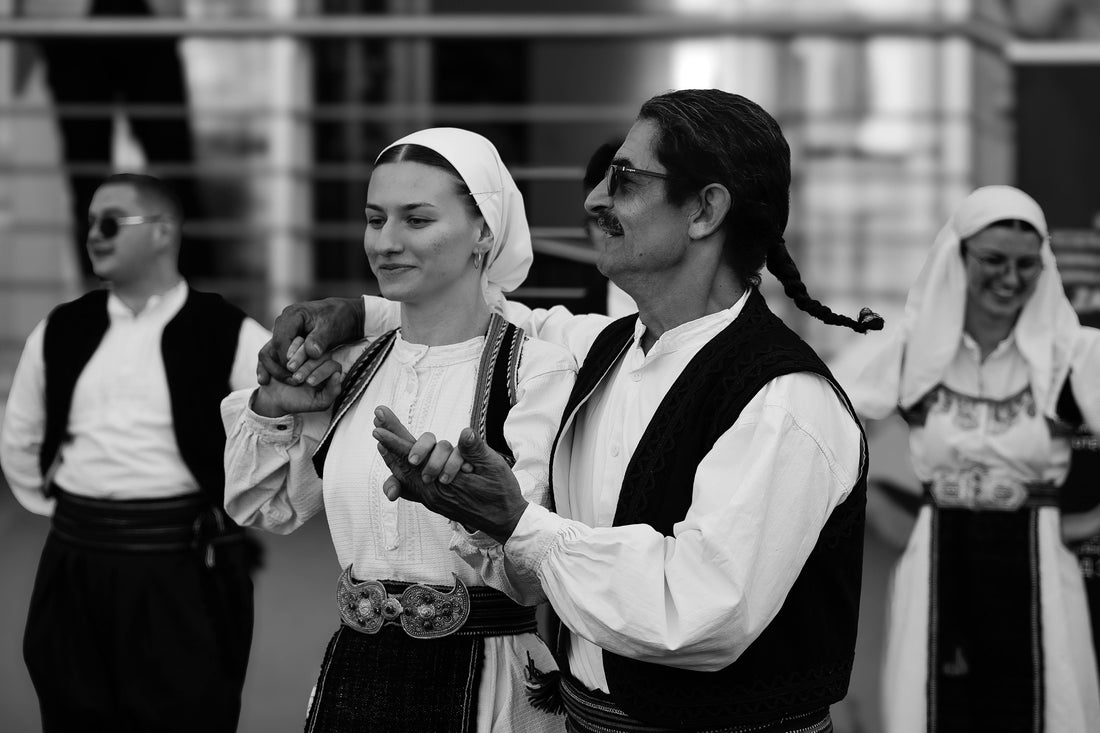Bosnia and Herzegovina, often simply referred to as Bosnia, is a Western Balkan country rich in cultural and religious diversity. Whether Bosnia is predominantly Muslim or Christian reflects the complex history and unique blend of religions that coexist there. In this article, we explore the religious makeup of Bosnia to better understand this fascinating country.
Religious composition of Bosnia and Herzegovina
Bosnia and Herzegovina is a nation where several religions coexist. The three main religious groups in the country are Muslim, Orthodox, and Catholic. Here is an overview of the religious distribution according to the latest census:
1. Muslims (Bosniaks): About 50% of the Bosnian population identifies as Muslim. Bosniaks, primarily Muslim, constitute the largest ethnic and religious group in the country. The Islam practiced in Bosnia is generally Sunni, influenced by centuries of Ottoman rule.
2. Orthodox Christians (Bosnian Serbs): Nearly 31% of the population is Orthodox. Bosnian Serbs, who are predominantly Orthodox, represent the second largest religious group. Their religion is closely linked to the Serbian Orthodox Church.
3. Catholic Christians (Bosnian Croats): About 15% of Bosnians are Catholic. Bosnian Croats, primarily Catholic, constitute the third largest religious group in the country. Their faith is linked to the Roman Catholic Church.
4. Other religions and non-religious: About 4% of the population follows other religions or declares itself non-religious.
History and context
Bosnia's religious diversity is the result of centuries of conquest, migration, and coexistence. Here are some key points in Bosnia's religious history:
1. Medieval Period: Before the arrival of the Ottomans, Bosnia was mainly Christian, with Catholic and Orthodox influences.
2. Ottoman occupation: The Ottomans conquered Bosnia in the 15th century, introducing Islam. Many Bosnians converted to Islam under Ottoman influence, establishing a strong Muslim presence that continues today.
3. Yugoslavia: After World War I, Bosnia was part of the Kingdom of Serbs, Croats and Slovenes, and later Yugoslavia. The communist period saw some secularization, although religious identities remained important.
4. Bosnian War (1992-1995): The dissolution of Yugoslavia led to the Bosnian War, a conflict marked by deep ethnic and religious divisions. The conflict left lasting scars, but also highlighted the importance of interfaith coexistence.
Religious coexistence
Despite historical challenges and conflicts, Bosnia and Herzegovina remains an example of religious coexistence. In many towns and villages, mosques, Orthodox churches, and Catholic churches are located in close proximity, symbolizing the country's cultural diversity.
Conclusion
Bosnia and Herzegovina is a unique country with a rich mosaic of religions. Although Muslims are a slight majority, Orthodox and Catholic Christians also play a crucial role in Bosnian society. This religious diversity is both a strength and a challenge, requiring a constant commitment to peace and mutual understanding.
To visit Bosnia is to discover a country where history, culture, and religion blend to create an unforgettable experience. Whether you are interested in religious history, culture, or simply natural beauty, Bosnia and Herzegovina has much to offer.


